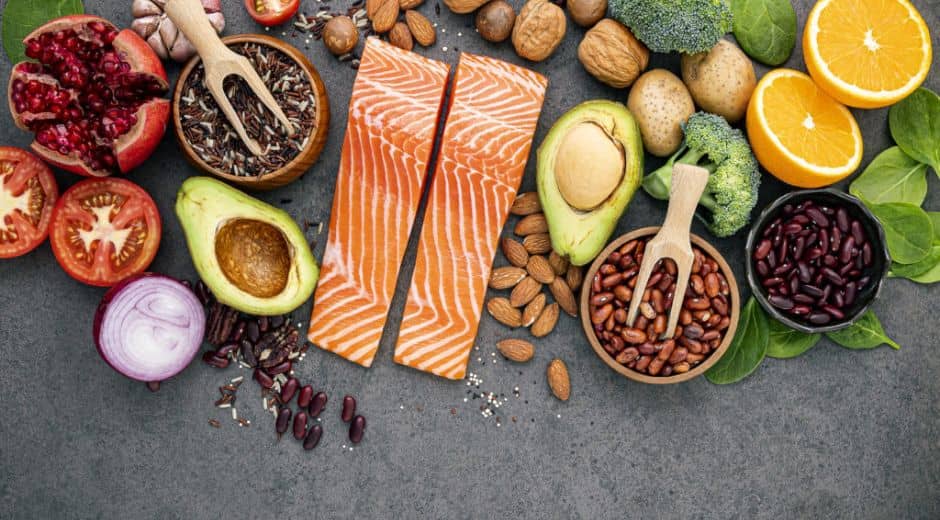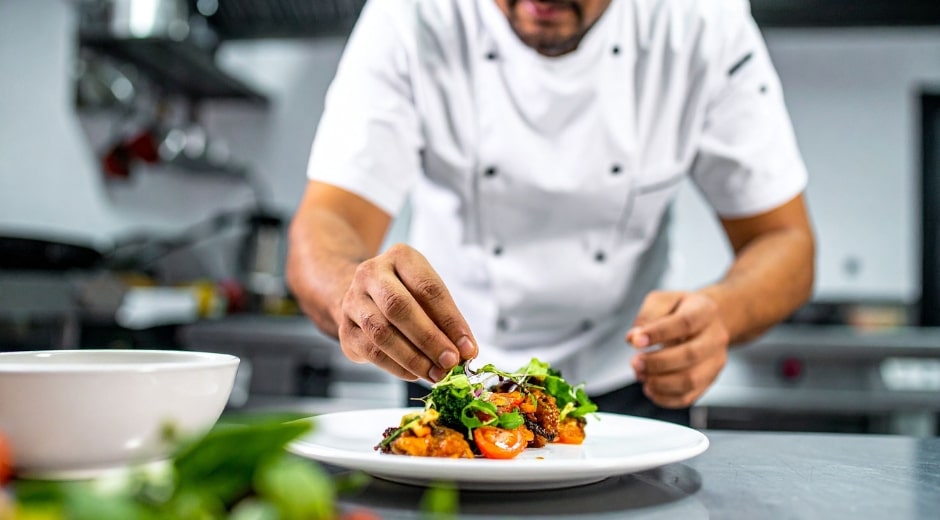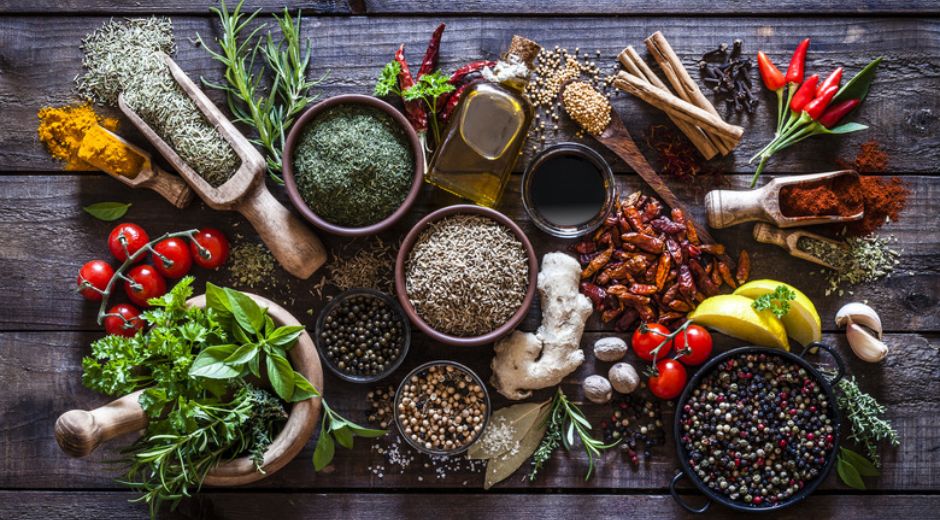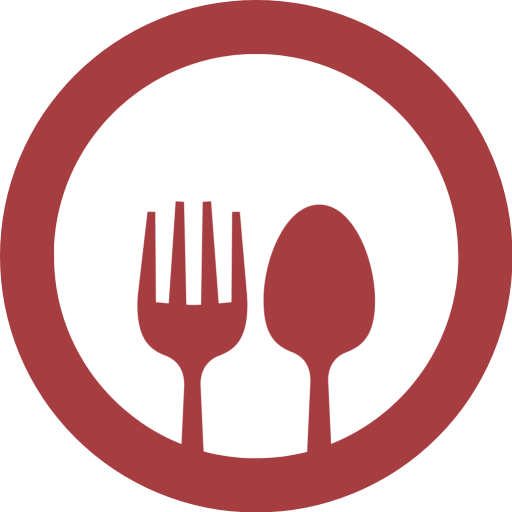8 Recovery Foods That Help Athletes Bounce Back Faster
8 Recovery Foods That Help Athletes Bounce Back Faster
Every athlete knows that intense training sessions, long runs, or grueling workouts put significant stress on the body. While pushing your limits is essential for improvement, what comes after—the phase of recovery—is just as important. Proper recovery allows muscles to repair, energy stores to replenish, and inflammation to decrease, ensuring you’re ready for the next session at your peak performance. Without the right nutrition, the body’s natural recovery process can slow down, leading to fatigue, injuries, and reduced performance.
This is where food plays a critical role. Certain ingredients are specifically effective in aiding recovery, from reducing soreness to enhancing muscle repair. Here, we explore 8 recovery foods that help athletes bounce back faster, along with tips to incorporate them into your diet and maximize their benefits.
1. Salmon
Salmon is one of the most well-known foods for athletes focused on recovery. Rich in high-quality protein and omega-3 fatty acids, salmon helps reduce exercise-induced inflammation and supports muscle repair. Omega-3s have been shown to enhance protein synthesis, which is essential for rebuilding muscles after intense training.
How to include it:
Grill 150–200g of salmon and serve with roasted vegetables.
Make a salmon salad with leafy greens, nuts, and a light vinaigrette.
Include it 2–3 times per week for optimal results.
Pro tip: Pair salmon with complex carbs, like quinoa or sweet potatoes, to replenish energy stores quickly.
2. Sweet Potatoes
Sweet potatoes are an excellent source of complex carbohydrates, vitamins, and antioxidants. They help replenish glycogen stores depleted during exercise, giving your muscles the energy they need to recover. Their natural sugars are released slowly, providing sustained energy, while vitamins like beta-carotene support cell repair and reduce inflammation.
How to include them:
Roast or steam sweet potatoes as a side dish.
Mash them with a touch of cinnamon for a post-workout snack.
Add them to soups or stews for a hearty meal.
For athletes, combining sweet potatoes with a lean protein source like chicken or fish enhances the recovery process by providing both energy and building blocks for muscle repair.
3. Greek Yogurt
Greek yogurt is a powerhouse for post-workout meals. High in protein, particularly casein and whey, it helps repair and build muscle tissue. It also contains probiotics, which support gut health—a key factor in nutrient absorption, ensuring your body gets all it needs for recovery.
How to include it:
Mix Greek yogurt with berries and chia seeds for a quick post-training snack.
Use it as a base for protein smoothies.
Replace sour cream in meals with Greek yogurt to increase protein intake.
The combination of protein and carbohydrates in Greek yogurt makes it ideal for quick muscle recovery and reducing muscle soreness.
4. Berries
Berries like blueberries, strawberries, and raspberries are rich in antioxidants and anti-inflammatory compounds. These help combat oxidative stress caused by intense exercise, supporting faster recovery. Antioxidants also reduce muscle fatigue and soreness, so you can return to training sooner.
How to include them:
Add berries to your morning oatmeal or Greek yogurt.
Blend them into smoothies with protein powder for a post-workout boost.
Freeze and eat as a refreshing snack after intense training.
Incorporating berries into your meals is a simple and delicious way to support both muscle repair and overall recovery.
5. Spinach
Spinach is packed with iron, magnesium, and nitrates, which improve oxygen delivery to muscles and support energy production during exercise. Adequate intake of these nutrients speeds up recovery, reduces fatigue, and promotes overall muscle function.
How to include it:
Toss fresh spinach into salads, omelets, or wraps.
Blend into smoothies with banana and protein powder.
Sauté lightly as a side dish with garlic and olive oil.
For athletes, spinach is a versatile ingredient that supports both performance and post-training recovery.
6. Eggs
Eggs are a complete protein source containing all essential amino acids needed for muscle repair. The high-quality protein in eggs directly supports faster recovery after strength training or endurance workouts. The yolks also contain healthy fats and nutrients like choline, which support brain and muscle function.
How to include them:
Boil eggs for a convenient post-workout snack.
Make scrambled eggs with vegetables for breakfast or dinner.
Use eggs in protein-packed muffins or frittatas.
Combining eggs with complex carbohydrates like whole-grain toast helps restore glycogen stores and enhances recovery.
7. Chia Seeds
Chia seeds are small but mighty. Packed with omega-3s, fiber, and antioxidants, they help reduce inflammation and muscle soreness, supporting efficient recovery. Their gel-forming property also slows digestion, providing a steady release of energy.
How to include them:
Sprinkle over Greek yogurt or oatmeal.
Add to smoothies for a nutrient boost.
Make chia pudding as a post-training snack.
Chia seeds are a convenient and versatile way to support muscle repair, energy restoration, and overall recovery.
8. Chocolate Milk
Chocolate milk is one of the most popular post-workout drinks among athletes, and for good reason. The combination of protein and carbohydrates helps replenish glycogen stores and promotes muscle repair, aiding fast recovery. It’s also hydrating and easy to consume after workouts.
How to include it:
Drink 250ml of low-fat chocolate milk within 30 minutes post-workout.
Pair with a banana or a small sandwich for a complete post-training meal.
For more tips on combining foods with effective recovery routines, check out SportsSoulPulse, where experts share insights on athletic nutrition and performance.
Tips for Maximizing Recovery
Hydrate adequately before, during, and after exercise.
Combine proteins with complex carbs in every post-training meal.
Include anti-inflammatory foods like berries, salmon, and chia seeds to reduce soreness.
Prioritize sleep and rest as part of your recovery strategy.
Avoid overtraining; allowing muscles to repair is key for long-term performance
Conclusion
Incorporating these 8 recovery foods into your diet ensures your body heals efficiently, restores energy, and performs at its best. With the right nutrition, athletes can bounce back faster and minimize fatigue or injury. Explore more tips on nutrition and performance for athletes on TasteFlavorBook here.
Best cooking Tips

Simple Ingredient Meals With Big Flavor
Simple Ingredient Meals With Big Flavor

Hearty Home Meals That Feel Comforting And Filling
Hearty Home Meals That Feel Comforting And Filling

Everyday Food Ideas For Consistent Inspiration
Everyday Food Ideas For Consistent Inspiration

Casual Home Dining Ideas For Relaxed Meals
Casual Home Dining Ideas For Relaxed Meals













